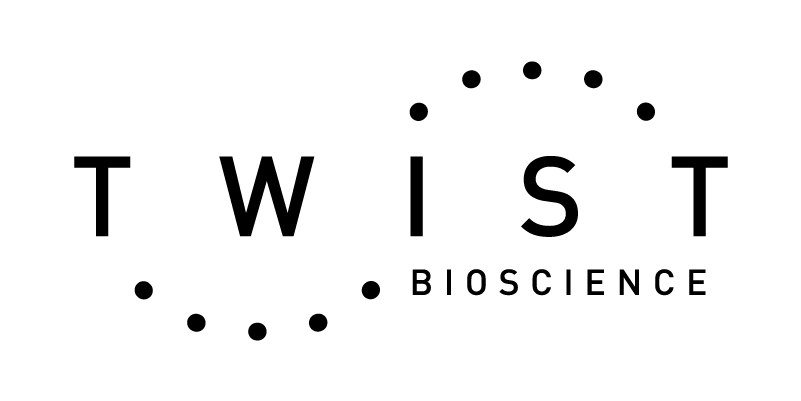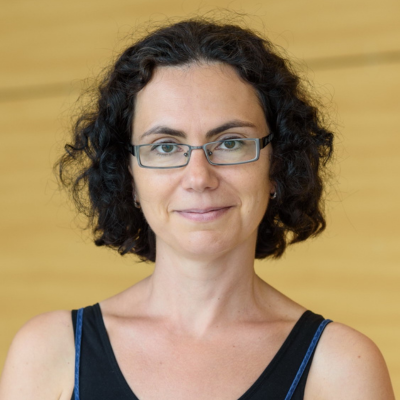

Thursday, September 28th @ 5PM CEST | 6PM IDT | 8AM PDT
Protein optimization delivers significant benefits across research, biopharma, and industrial applications. However, the design of stable, highly functional, and well-expressed proteins remains a challenge.
In this webinar, Olga Khersonsky from the Weizmann Institute of Science, will describe how their novel computational protein optimization tools, PROSS and FuncLib, address these challenges to deliver stable enzymes and other proteins - resulting in improvements in function, expression, and thermal resistance.
Olga will share her experience through the exploration of worked examples and case studies and you will:

